February 13, 2025
Biodiversity on Island Biomes
Islands are some of the most biodiverse places on the planet. Biodiversity, habitat diversity, and climate resilience are all linked together--click here to find out how!
We use cookies to help you navigate efficiently and perform certain functions. You will find detailed information about all cookies under each consent category below.
The cookies that are categorized as "Necessary" are stored on your browser as they are essential for enabling the basic functionalities of the site. ...
Necessary cookies are required to enable the basic features of this site, such as providing secure log-in or adjusting your consent preferences. These cookies do not store any personally identifiable data.
Functional cookies help perform certain functionalities like sharing the content of the website on social media platforms, collecting feedback, and other third-party features.
Analytical cookies are used to understand how visitors interact with the website. These cookies help provide information on metrics such as the number of visitors, bounce rate, traffic source, etc.
Performance cookies are used to understand and analyze the key performance indexes of the website which helps in delivering a better user experience for the visitors.
Advertisement cookies are used to provide visitors with customized advertisements based on the pages you visited previously and to analyze the effectiveness of the ad campaigns.
Our new online shop is live!
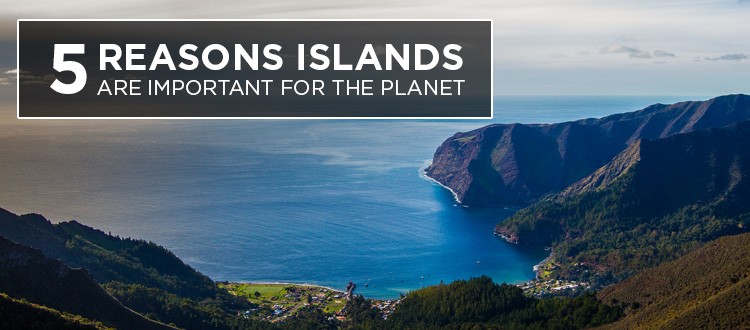
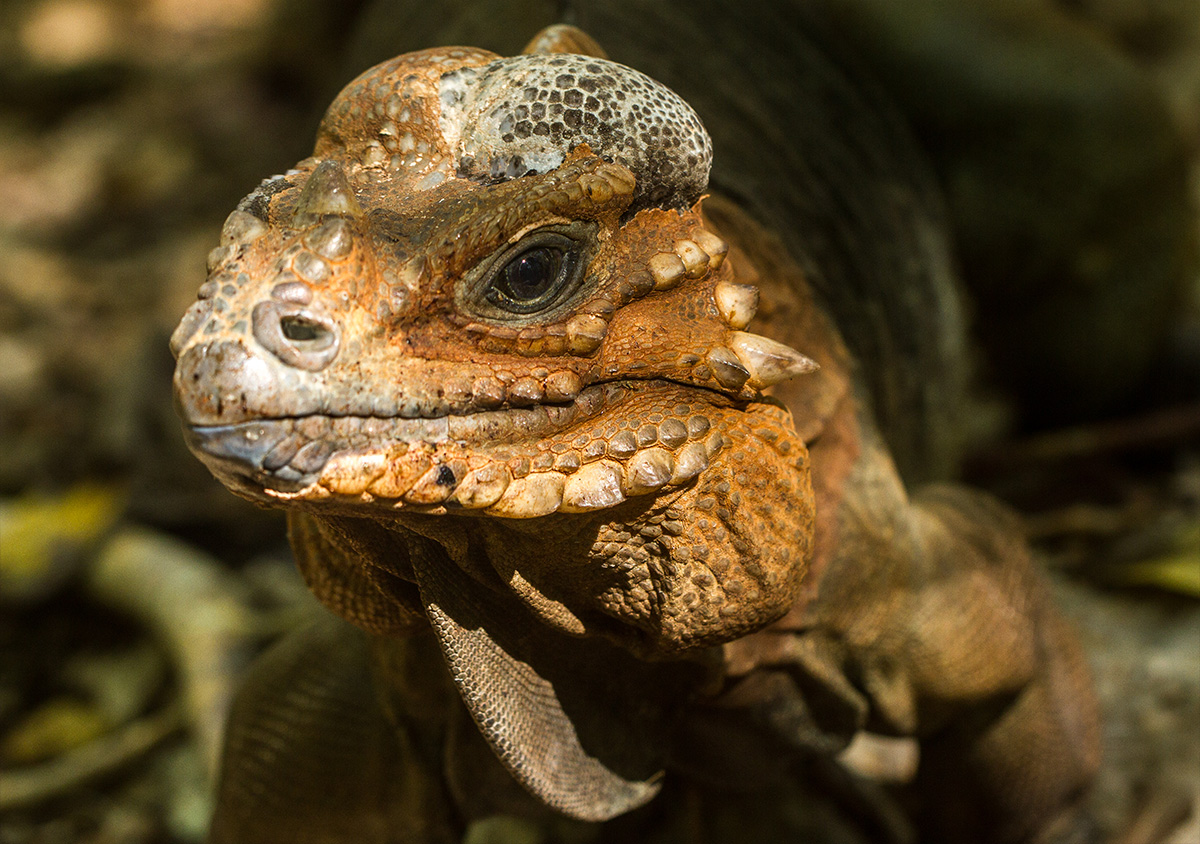
Despite accounting for only 5% of the planet’s land area, Islands are home to 20% of all bird, reptile, and plant species, many of which are unlike any others and found nowhere else in the world. Because isolation is a driver of speciation, island species display an astonishing variety of traits. Biodiversity, or the number of different species in a certain area, bolsters ecosystem resilience and is a key component of the intrigue and beauty of nature.
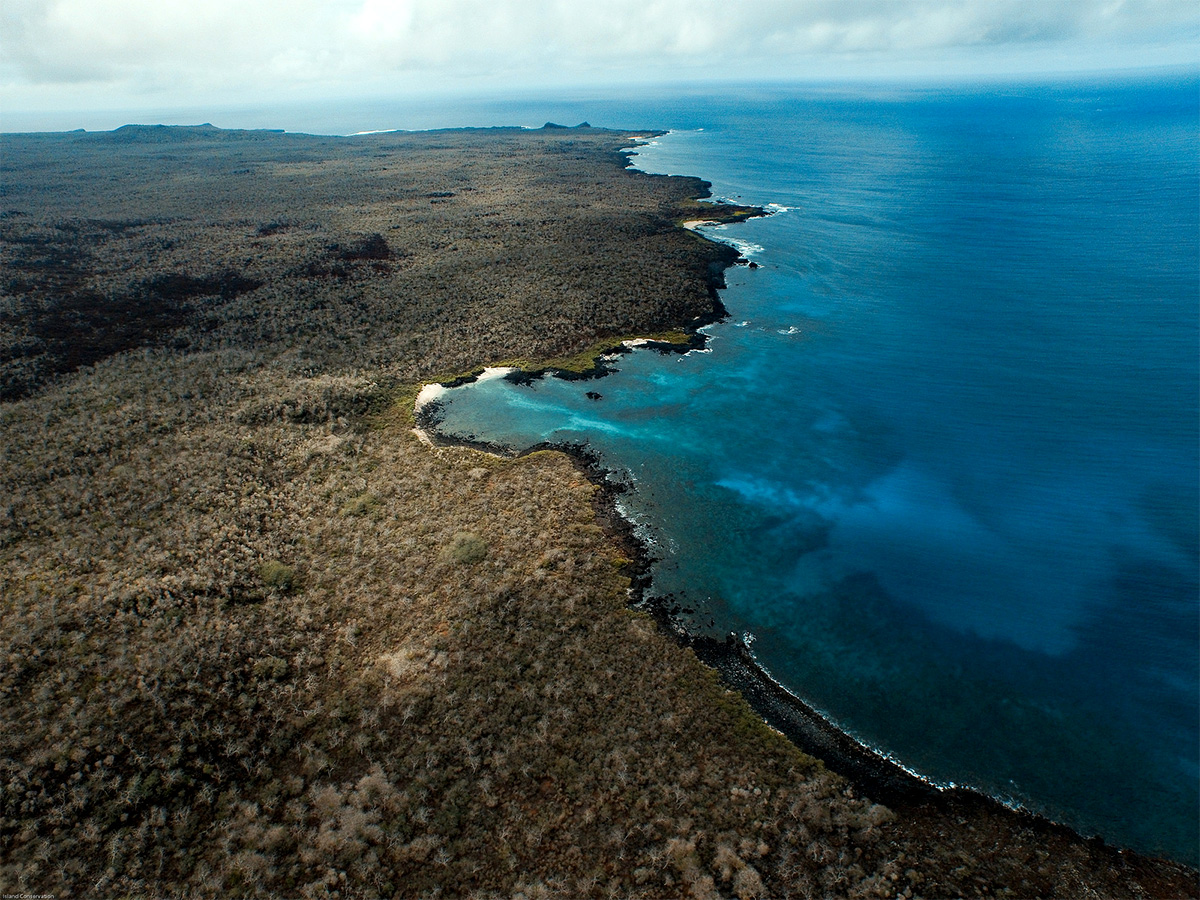
Islands are sentinels for sea level change. Because of their small size and often remote locations, the consequences of sea level rise manifest quickly on islands. Because the stakes are so high and the consequences of sea level rise so great on small land masses, many island nations have become leaders and activists in conservation and climate change issues. Though these issues are particularly urgent on islands, their consequences are worldwide. Islanders, who understand the danger of climate change perhaps better than anyone else, are leading the way in protecting the globe. Healthy near-shore ecosystems are essential to helping islands maintain their precious shorelines, protecting them from extreme weather events and flooding.
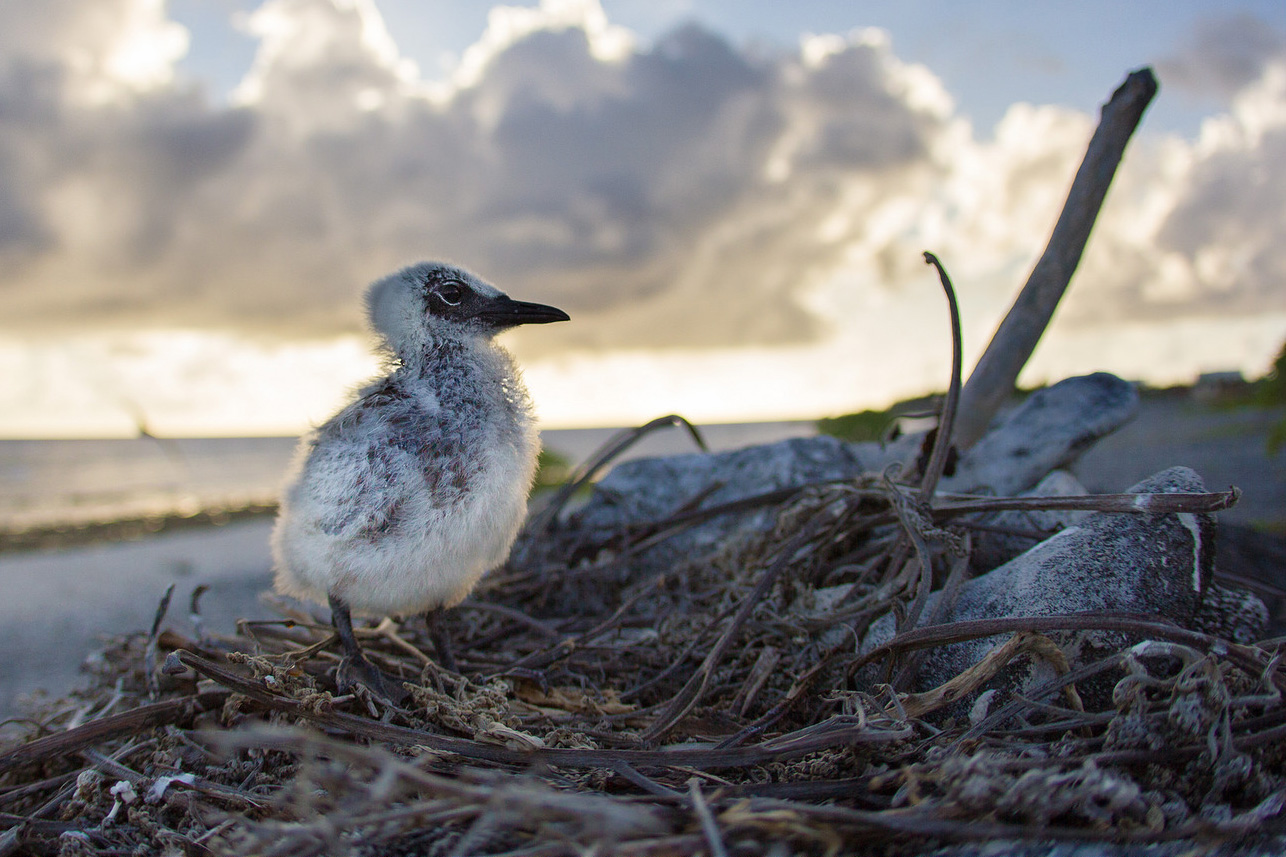
What would happen to all the migratory birds if they didn’t have islands to rest and nest on? Islands are critically important land masses for birds that fly long distances over the open ocean. Without these safe rest stops and nesting sites, migration and procreation would be impossible. And these seabirds support islands, too, by bringing key nutrients to the soil in their guano. Nutrient-rich soil runs off into near-shore ecosystems, building healthier coastlines!
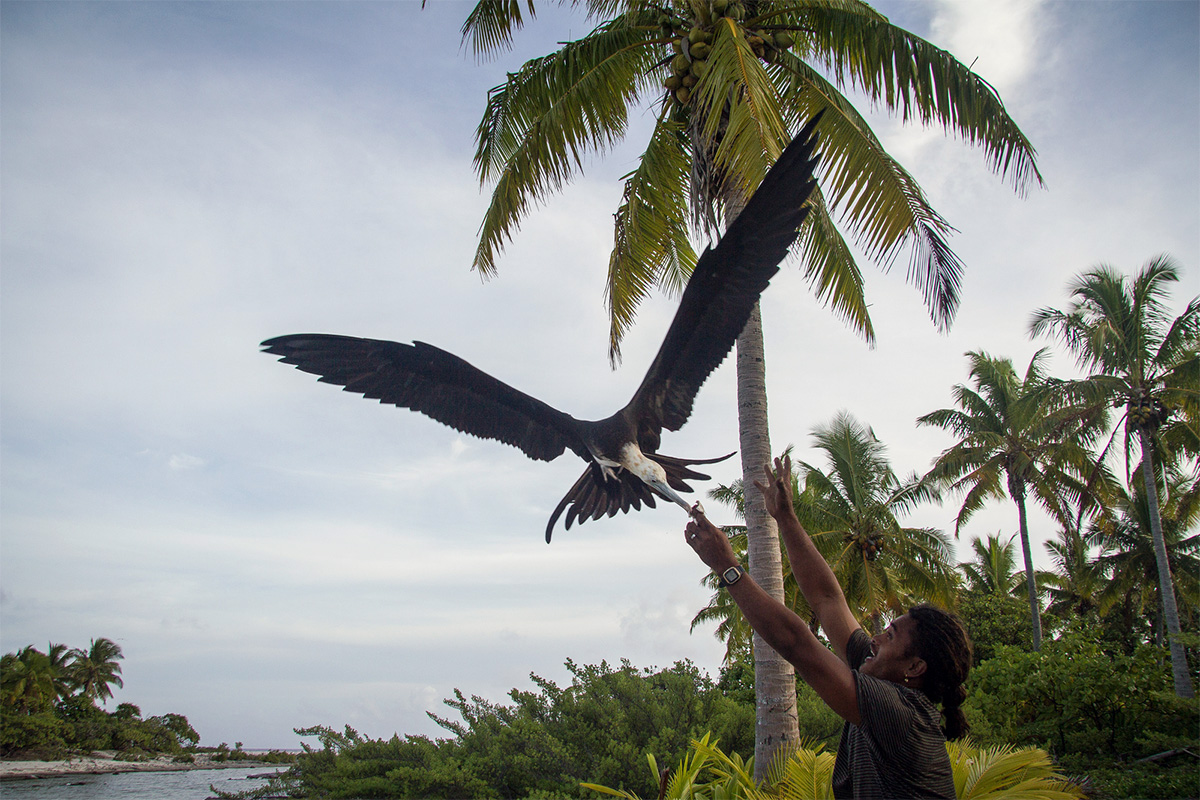
Islands house over 600 million people worldwide. Island communities are dependent on healthy islands for survival. Rich and unique island culture, tradition, and history further enrich these already beautiful places. A healthy ecosystem means a healthy community!
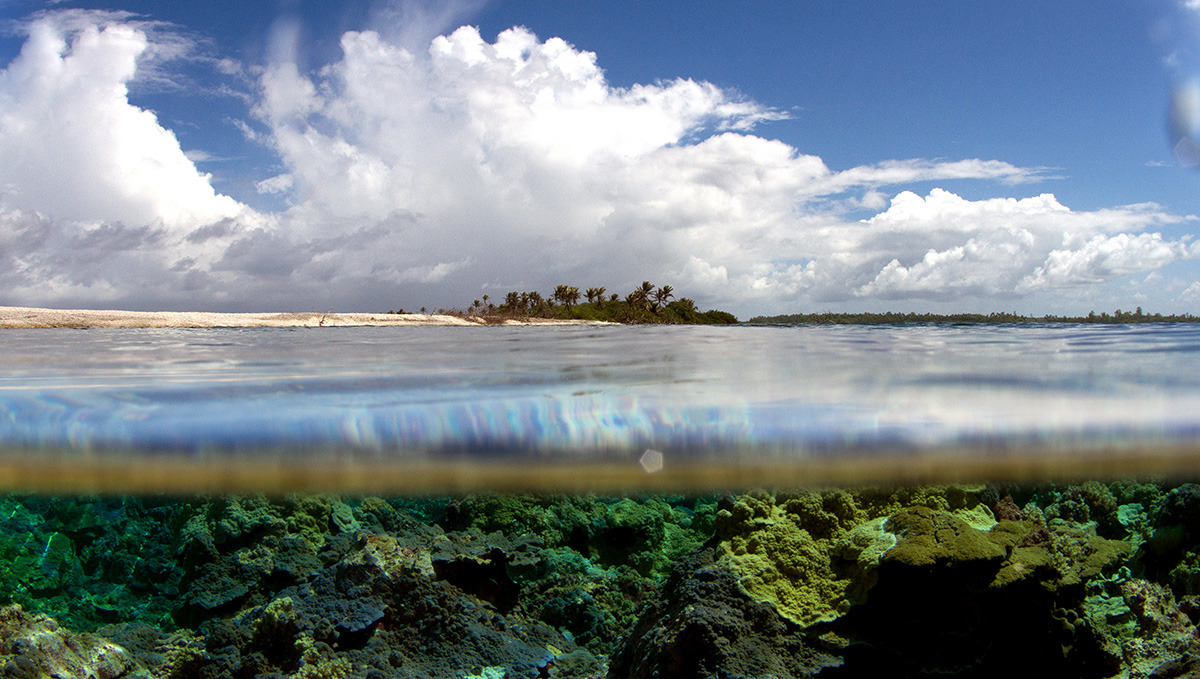
Wherever there is a land mass in the open ocean, ocean circulation patterns change. Nutrients from the deeper, colder water rise up to the surface, creating the conditions for sea life to thrive. This is known as the Island Mass Effect. The island land mass facilitates the development of coral reefs in its surrounding waters. These calcium carbonate kingdoms are home to thousands–over 25%–of marine species.
At Island Conservation, we are keenly attuned to the importance of island ecosystems and the multiple benefits of restoring and rewilding them for nature and people. As the only international organization focusing exclusively on islands, our work with local communities and organizations has been key to elevating the profile of islands in the conservation world. Do you want to be a part of restoring, protecting, and rewilding islands? Check out how your support can make a difference!
Check out other journal entries we think you might be interested in.
Notifications